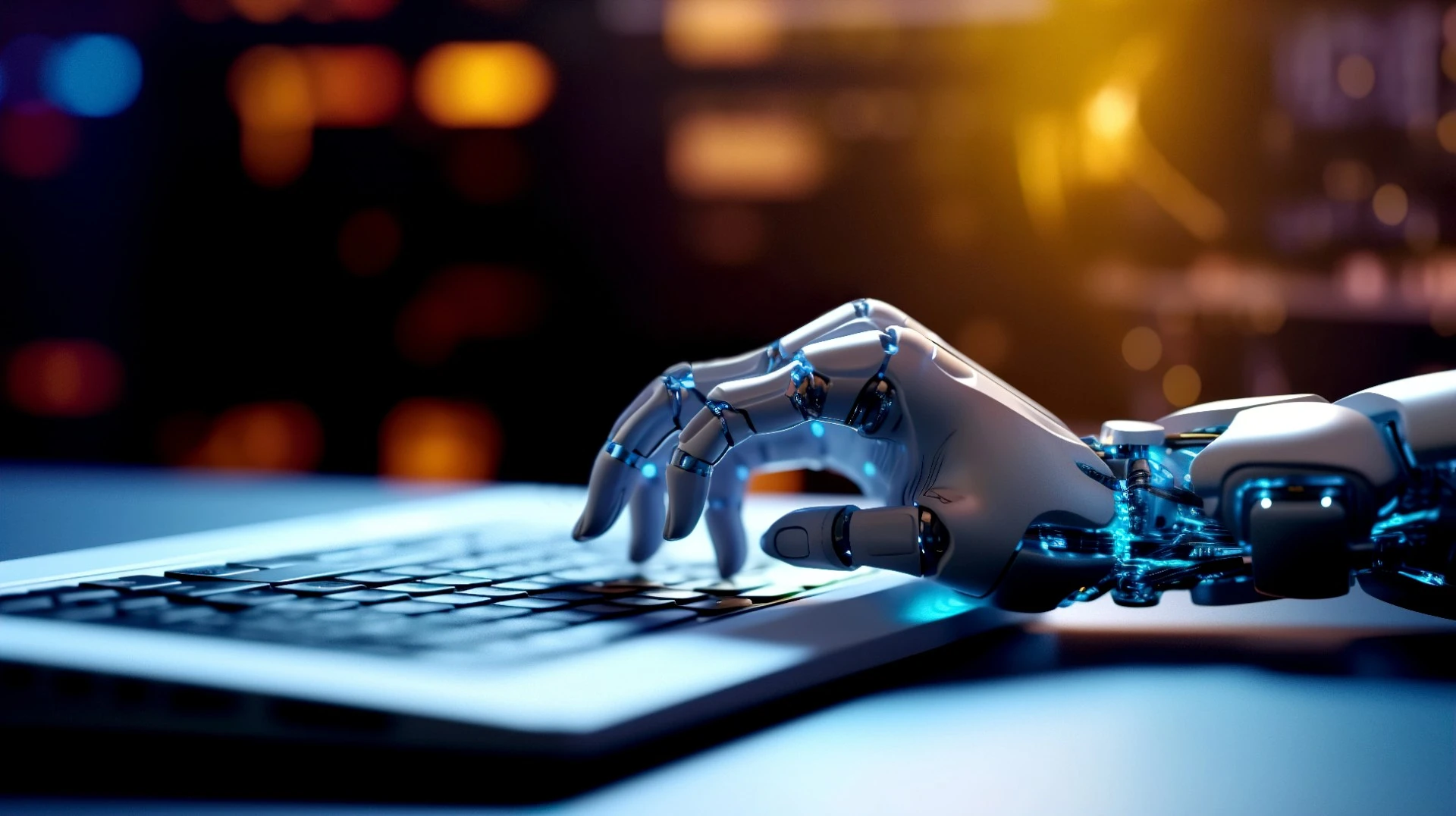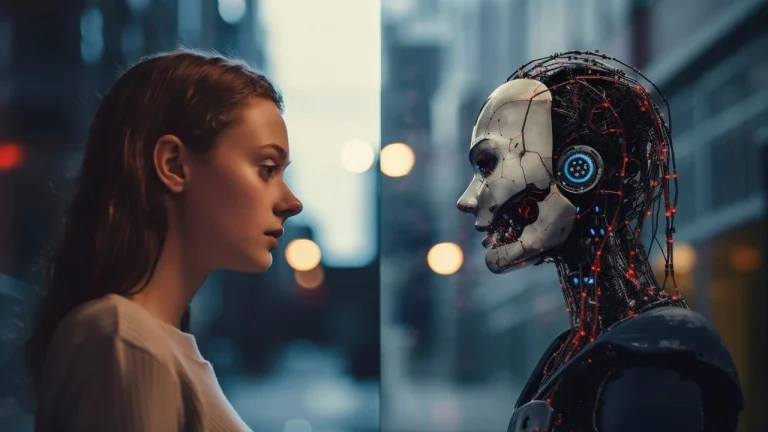AI (Artificial Intelligence) is changing everything — even the entertainment world. From creating movie scripts to editing videos, AI is helping many filmmakers and content creators. But not everything about AI is good. Some people are now using AI in harmful ways, like making deepfakes and creating fake celebrity content. In this article, we’ll explore the dark side of AI in entertainment, how it works, and why we should be careful.
What Are Deepfakes?
Deepfakes are videos or images created by AI that show someone — often a celebrity — doing or saying things they never actually did. These fake videos look very real, but they are completely made by computers.
For example:
- A deepfake might show a famous actor in a movie scene they never acted in.
- It can make a singer “perform” a song they never recorded.
- Some deepfakes are even used to spread lies or false news about celebrities.
How Deepfakes Are Made
Deepfakes are created using AI tools like deep learning and face-swapping technology. The AI watches many real videos or photos of a person, and then learns to copy their:
- Face
- Voice
- Movements
This AI model can then place that celebrity’s face on another person’s body in a video, making it look 100% real.
Why It’s a Big Problem in Entertainment
Deepfakes may look fun or funny at first, but they can cause many serious problems:
1. Fake News
People may believe something is real when it’s not. For example, a fake video could make it look like a celebrity is saying something offensive or political — even though they never said it.
2. Ruining Reputations
Deepfakes can damage a celebrity’s image and brand. One fake video can go viral in minutes and harm someone’s career.
3. Privacy and Consent
Celebrities (and even normal people) have no control over where and how their face is used in deepfake videos.
4. Fake Celebrity Endorsements
Some scammers use AI to create fake ads or endorsements. These show celebrities “promoting” a product they have never even heard of.
AI-Generated Celebrities: Real or Fake?
Another dark side of AI in entertainment is the creation of fully digital celebrities — characters made by computers that look and act like real people.
Some of these are:
- Lil Miquela – A virtual influencer with millions of followers.
- Noonoouri – A digital fashion model who signed a music contract.
- AI-generated TikTok stars – Trending digital influencers with no real face behind them.
While these AI celebrities are not dangerous by themselves, they raise questions like:
- Will real actors and models lose jobs?
- Can fans trust what they see online?
- What happens when fake people start promoting real brands?
What Is Being Done to Stop It?
Governments and tech companies are now trying to regulate deepfakes and set rules for AI use in entertainment.
Some solutions include:
- Watermarking AI content so people know it’s fake.
- Creating laws against harmful deepfakes.
- Educating the public on how to spot fake videos and news.
Even social media platforms like YouTube, TikTok, and Instagram are working to remove dangerous deepfake content.
Should We Be Afraid of AI in Entertainment?
AI can be a great tool if used the right way. Many filmmakers, editors, and game developers use AI to save time and improve quality. But when people use AI to cheat, lie, or harm others, it becomes a serious problem.
As viewers and fans, we should:
- Think before we believe everything we see online
- Follow trusted sources of entertainment news
- Report harmful fake videos when we see them
Conclusion
The dark side of AI in entertainment is real. Deepfakes, fake celebrities, and false news are spreading fast. While AI is an amazing technology, it needs to be used with responsibility and control. The future of entertainment should be creative, fun, and truthful — not fake. Stay informed, stay alert, and enjoy real entertainment, not computer-made lies.


